Refine listing
Actions for selected content:
1299800 results in Books

Basic Graph Theory
- Coming soon
-
- Expected online publication date:
- April 2026
- Print publication:
- 30 April 2026
-
- Book
- Export citation
The Politics of Nature in Nazi Germany
- Environmental Ideals and the Myth of Blood and Soil
- Coming soon
-
- Expected online publication date:
- April 2026
- Print publication:
- 30 April 2026
-
- Book
- Export citation

Thomism Revisited
- Coming soon
-
- Expected online publication date:
- April 2026
- Print publication:
- 30 April 2026
-
- Book
- Export citation

Irish Political Thought and the Union
- Visions of Representative Government, 1798–1879
- Coming soon
-
- Expected online publication date:
- April 2026
- Print publication:
- 30 April 2026
-
- Book
- Export citation
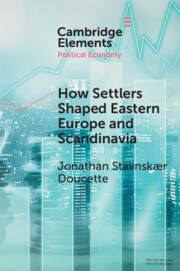
How Settlers Shaped Eastern Europe and Scandinavia
- Economic Development, Regime Change, and State Formation, 800–1800
- Coming soon
-
- Expected online publication date:
- April 2026
- Print publication:
- 30 April 2026
-
- Element
- Export citation
Aquinas on Metaphysics as a Science
- Coming soon
-
- Expected online publication date:
- April 2026
- Print publication:
- 30 April 2026
-
- Book
- Export citation
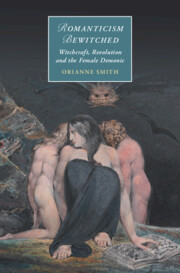
Romanticism Bewitched
- Witchcraft, Revolution and the Female Demonic
- Coming soon
-
- Expected online publication date:
- April 2026
- Print publication:
- 30 April 2026
-
- Book
- Export citation
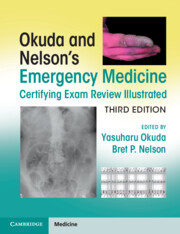
Okuda and Nelson's Emergency Medicine Certifying Exam Review Illustrated
- Coming soon
-
- Expected online publication date:
- April 2026
- Print publication:
- 30 April 2026
-
- Book
- Export citation
Industrial Development and Division of Labour
- A History of Analysis
- Coming soon
-
- Expected online publication date:
- April 2026
- Print publication:
- 30 April 2026
-
- Book
- Export citation
Piratical States
- British Imperialism in the Indian Ocean World, c.1780–1850
- Coming soon
-
- Expected online publication date:
- April 2026
- Print publication:
- 30 April 2026
-
- Book
- Export citation
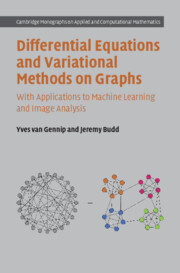
Differential Equations and Variational Methods on Graphs
- With Applications to Machine Learning and Image Analysis
- Coming soon
-
- Expected online publication date:
- April 2026
- Print publication:
- 30 April 2026
-
- Book
- Export citation

The Archaeology of the Tibetan Plateau
- Coming soon
-
- Expected online publication date:
- April 2026
- Print publication:
- 30 April 2026
-
- Book
- Export citation
Dyslexia and Working Memory
- A Scientific and Practical Lifespan Perspective
- Coming soon
-
- Expected online publication date:
- April 2026
- Print publication:
- 30 April 2026
-
- Book
- Export citation

The Cambridge Companion to the Byzantine Church
- Coming soon
-
- Expected online publication date:
- April 2026
- Print publication:
- 30 April 2026
-
- Book
- Export citation

Why is There Something Rather than Nothing?
- The Fundamental Problem of Ontology
- Coming soon
-
- Expected online publication date:
- April 2026
- Print publication:
- 30 April 2026
-
- Book
- Export citation

Fiction and Education in the Roman World
- The Cultivation of the Reader
- Coming soon
-
- Expected online publication date:
- April 2026
- Print publication:
- 30 April 2026
-
- Book
- Export citation

Organizational Design
- A Step-by-Step Approach
- Coming soon
-
- Expected online publication date:
- April 2026
- Print publication:
- 30 April 2026
-
- Textbook
- Export citation
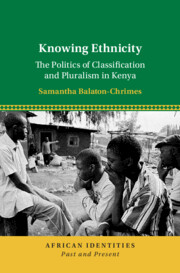
Knowing Ethnicity
- The Politics of Classification and Pluralism in Kenya
- Coming soon
-
- Expected online publication date:
- April 2026
- Print publication:
- 30 April 2026
-
- Book
- Export citation
Judging Drugs
- Key Issues in Law and Society
- Coming soon
-
- Expected online publication date:
- April 2026
- Print publication:
- 30 April 2026
-
- Book
- Export citation

Translanguaging in Classroom Discourse
- Coming soon
-
- Expected online publication date:
- April 2026
- Print publication:
- 30 April 2026
-
- Element
- Export citation
